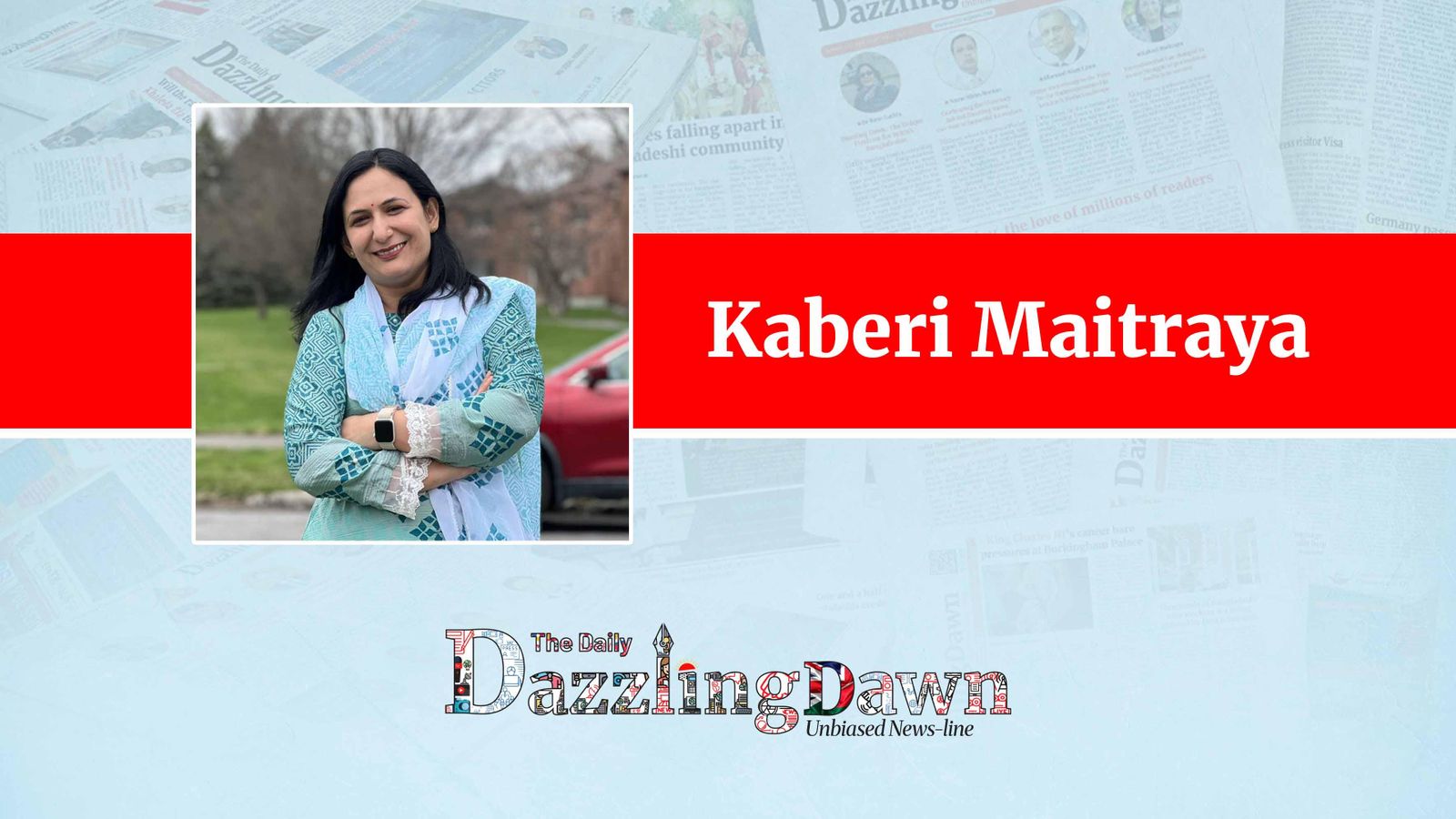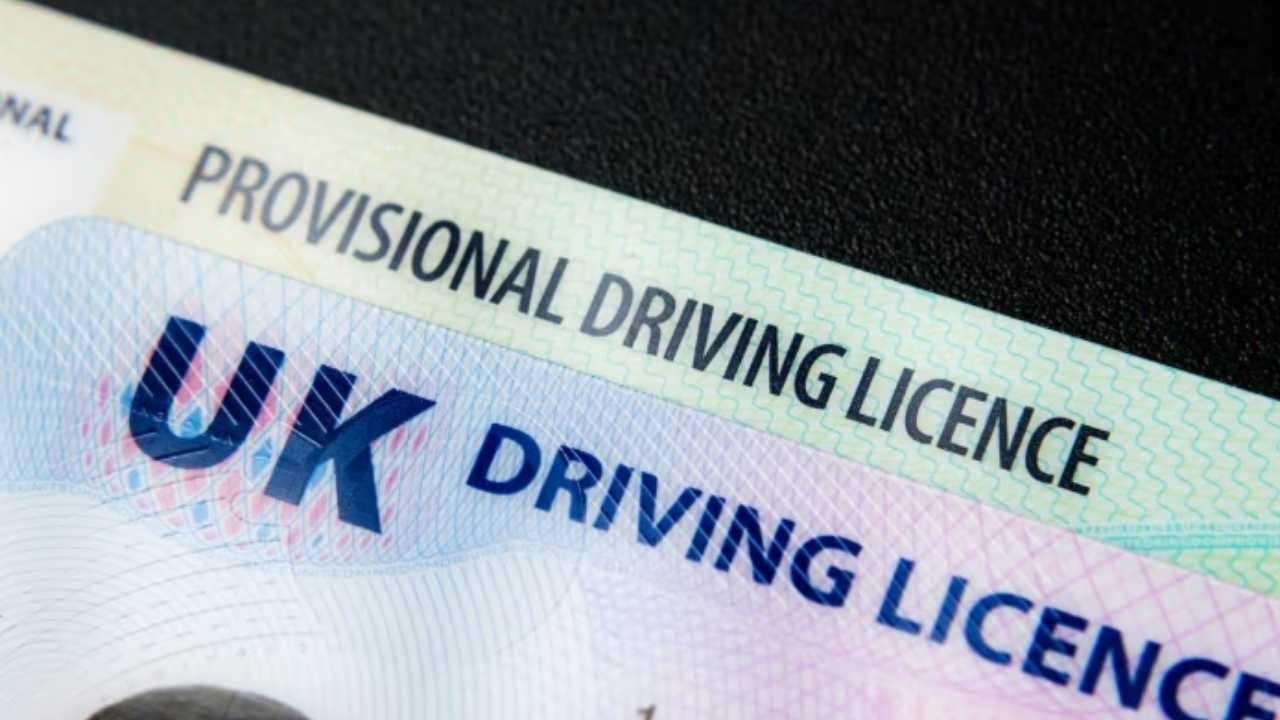As Bangladesh has already declared its 2025-26 national budget, two urgent and fundamental questions require renewed attention: how can the country significantly improve domestic resource mobilization, and how can it secure long-term financing to address the lingering effects of post-COVID poverty and income losses? These are more than just financial concerns; they are based in historical injustice and structural imbalance, which continue to plague the country's progress.
The first historical wound is a result of British colonial theft. Dadabhai Naoroji, an economist, claimed that between £30 and £50 million was extracted annually from India in the late nineteenth century. Even during the horrific Bengal Famine of 1943, Bengal remained an important source of imperial revenue, accounting for 10-15% of British India's tax receipts.
Today, Bangladesh's tax-to-GDP ratio is only 7.4%, much below the South Asian average of 10-12% and well below the worldwide standard for developing countries. This irony is striking: the region that was previously drained for cash is now struggling to raise funds for its own development.
The second pain is institutional and symbolic; it is associated with William Beveridge, who created the welfare state in the United Kingdom after World War II. Rangpur, where he was born, has a poverty rate of 24.8%, which is 6 percentage points more than the national average, making it one of the poorest areas of Bangladesh.
During British administration, cadastral mapping, hired collectors, and the monetization of agriculture through cash crops were used to modernize revenue systems. These systems were administratively efficient yet forceful. On the other hand, the postcolonial state of today has inherited the instruments of taxation, but not their effectiveness or equity.
According to the Centre for Policy Dialogue (CPD), Bangladesh lost more than BDT 2.26 trillion in fiscal year 2022-23 due to tax evasion and illicit outflows, with nearly half of that coming from corporate tax avoidance. According to the State of Tax Justice 2024 report, multinational firms profit from transfer pricing by $3-5 billion per year.
The taxation system is highly regressive. Two-thirds of tax revenue is generated indirectly, with VAT accounting for 38%, imposing a disproportionate burden on lower-income individuals. Only 1.4% of Bangladeshis file income tax returns. Wealthy individuals typically take advantage of legal loopholes by reporting corporate revenues as agricultural income or claiming nonresident status.
Thousands of small firms underestimate their revenues. Only 550,000 out of approximately 30 million businesses are registered for VAT. Informal e-commerce platforms do not require registration. Customs mismanagement is another chronic problem. Global Financial Integrity estimates that trade misinvoicing caused annual losses of $8.27 billion between 2009 and 2018. Prolonged legal challenges over seized commodities exacerbate inefficiency and increase the possibility of corruption.
While the present interim government may not be able to make major reforms, it may and must lay out a plan in the budget. This reform strategy should be based on five pillars.
Firstly, replace the National Board of Revenue (NBR) with the Bangladesh Revenue Authority, which is politically autonomous. Create a separate Tax and Tariff Commission to manage policies and supervise fiscal reforms.
Secondly, shift the focus to direct taxes. Simplify procedures, require digital payments, and expand tax offices to sub-district levels to boost outreach.
Thirdly, integrate databases by merging banking, land, and utility records into a tax intelligence dashboard. Use AI to detect fraud and score risks, and use blockchain to monitor bonded warehouses.
Most importantly, require multinational corporations to submit country-by-country reports in addition to master and local files. Establish severe sanctions for unauthorized profit transfer.
Above all, implement a carbon tax (e.g., BDT 1,200 per ton) on high-emission businesses such as cement and textiles. Direct the proceeds to a national climate adaption fund.
Universal Protection in Times of Crisis
Bangladesh is at a crossroads. According to World Bank predictions, poverty would increase to 22.9% in 2025, up from 20.5% in 2024. Public spending on health and education remains disturbingly low, at 2.34% and 2% of GDP, respectively. Meanwhile, 41% of youth and 62% of young women are not in school, work, or training.
Urbanization has failed to create live able cities. Productivity growth is significantly slower than population growth. Climate change is a serious danger, with possible yearly losses of 5-7% of GDP.
The social safety net remains fragmented, underfunded, and politicized. More than 100 small-scale projects run without coordination. The majority are relief-based, not rights-based. A comprehensive, life-cycle-based social protection framework is long needed.
Toward a Transformational Budget
The hope now is in transformation. The forthcoming budget must provide a bold, comprehensive social protection program to keep citizens from falling into a "low social trap" of perpetual vulnerability. Budget 2025-26, by anchoring fiscal justice in both historical understanding and future resilience, has the potential to be a watershed moment—not just in numbers, but also in national purpose.
To overcome the legacy of colonial extraction, Bangladesh must finally construct a fiscal system that serves its people rather than merely its bank sheets.








.svg)



